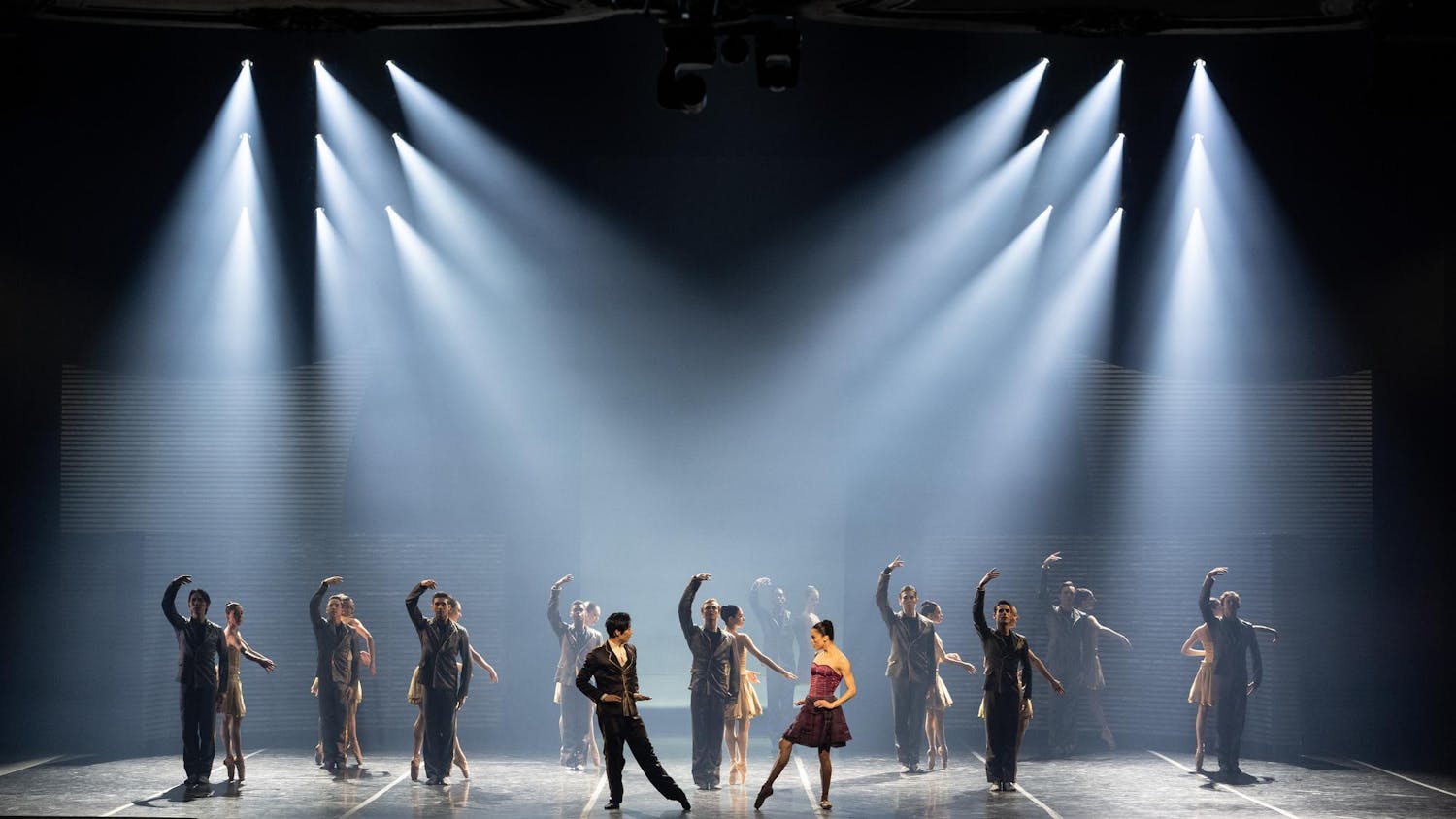As a genre, “true crime” typically brings to mind classic nonfiction masterworks like "In Cold Blood" (1966) and guilty-pleasure cable television about grisly murders, serial killers and police chases. Public fascination with the genre is nothing new, but it appears to have entered a renaissance with the recent, overwhelming popularity of documentary series like the Netflix-produced"Making A Murderer" (2015) and HBO’s "The Jinx" (2015). All this elevation of true crime to both highbrow and binge-worthy status starts with "Serial" (2014 – present), a “This American Life” spinoff podcast that premiered in fall of 2014.
Hosted by Sarah Koenig and produced by Julie Snyder, "Serial" fascinated listeners with the case of Adnan Syed, a man convicted for the 1999 murder of his former girlfriend Hae Min Lee. The first season of the podcast explored Syed’s case through personal interviews conducted by Koenig and through expert compilation of testimony, investigation and speculation.
"Serial" held the number one podcast spot on iTunes even before its debut and remained there for several weeks, according to an Oct. 9, 2014 New Yorker story. It won the Peabody Award in 2015 and received over 100 million downloads between twelve episodes, pushing podcasts as a medium for storytelling into the mainstream and reigniting a public passion for traditional, serialized true crime with a digital-age twist.
With all the attention and accolades bestowed on the show's first season, the pressure was on for season two. Although "Serial" had wrapped the story of Syed inconclusively, listeners were promised a new case in 2015. In December 2015, Koenig brought the story of Sergeant Bowe Bergdahl that would enthrall the audience for at least another twelve weeks.
Despite that season two’s focus on Bergdahl, an American soldier who was held captive by the Taliban-aligned Haqqani network in Afghanistan for nearly five years, deviates from the podcast's true crime roots, Koenig and her team have found that Bergdahl’s narrative provides the suspense, mystery, and real-world complexities that initially made the show so popular. Unlike the seemingly simple question of “Did he do it?” that was at the heart of Syed’s case, Bergdahl’s story brings out a web of questions for both Koenig and the audience to consider. Is he a deserter? A Taliban sympathizer? How did he survive in captivity for so long? What does his case say about the U.S. military, about the war in Afghanistan and about the role of an individual in international conflict? As of the season’s fourth episode, these questions are only beginning to be explored.
Unlike the direct communication she had with Syed that provided the basis of "Serial’s" first season, Koenig’s reporting in season two relies on the 25 hours of taped interviews with Bergdahl conducted by journalist turned filmmaker Mark Boal. Boal, who won an Oscar for his script for "The Hurt Locker" (2009) and also wrote "Zero Dark Thirty" (2012), was reluctant to grant "Serial" access to his tapes but eventually trusted Koenig with presenting the full narrative. Although this indirect access comes as a challenge to Koenig, and results in a loss of the intimacy between subject and narrator that made the first season all the more compelling, Koenig is able to compensate with a more comprehensive, analytic approach to reporting. The distance between Bergdahl and Koenig also reduces accusations of bias and allows someone with a greater understanding of military structure to ask Bergdahl questions.
“I had a big learning curve on this one," Koenig said in an interview with the New York Magazine. "I’m not a war reporter. I’m not a national-security reporter.”
Despite her initial unfamiliarly with the case, it becomes clear that, like any good journalist, Koenig has sought every resource to be as informed as possible, and often notes her own faults in understanding, allowing others to make points she couldn’t make alone.
“One of the exciting things about Sarah [Koenig] is that she lets listeners into her deliberative process,” Boal said in the same New York Magazine interview.
The podcast has switched mid-season to a bi-weekly format, citing narrative developments as a central reason, so eager listeners will have to wait even longer to get the next episode. This change may not help develop or sustain listenership comparable to that of the first season, but the real-time nature of the case adds to the suspense and danger of the story. Bergdahl is currently awaiting court-martial for desertion, and reporters at "Esquire" and other publications have even accused the show of making things worse for him and more challenging for his trial. As the season progresses, Koenig and her team will have to tread carefully and work hard in order to maintain the level of compelling narrative they have established without risking anyone's safety.
'Serial' season 2 deviates from roots, explores military mystery

A UH-60 Black Hawk helicopter lands in Kandahar province, Afghanistan.





